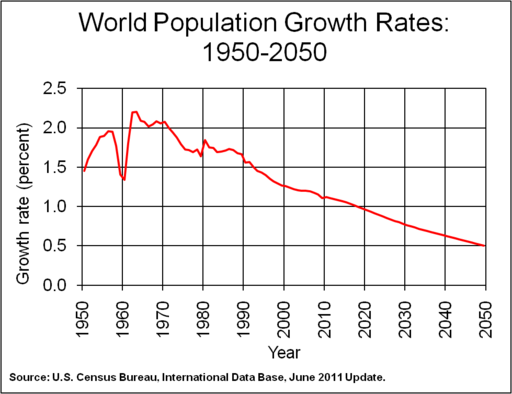
For the “privilege” of using medical marijuana without being arrested, about one of every 25 Floridians pays the state government $75 per year for a special identification card, and up to another $200 for periodic visits to a small sub-set of authorized doctors who can prescribe the common plant for a limited number of ailments.
Put a different way, just getting permission to use a common plant for medical purposes is a quarter-billion-dollar per year industry in the Sunshine State.
That’s before a single patient buys so much as a gram of legal cannabis. The legal sale of the actual stuff, of course, is also a growth industry (pun intended) — especially for the state government, which knocks down another $125 million or so per year in sales taxes and dispensary licensing fees.
Why are Floridians spending so much money begging for permission to use a ubiquitous plant that’s been medicine for millennia, has well-established medical uses, and is apparently just plain fun for some?
Because every time we try to put full legalization on the ballot so we can be as free 20 other states, the District of Columbia, and Guam, the measures get jammed up in court and Floridians are denied the right to vote on them.
The latest such measure is in court right now. If our judicial masters deign to allow it on the ballot, we’ll get to pass it in 2024.
We shouldn’t have to wait that long.
We shouldn’t have had to wait at all.
Criminalization of marijuana has always been a scam.
It started as a way of keeping federal agents employed after alcohol prohibition ended, and as a way of thwarting industrial hemp’s competition with wood-pulp paper and various textiles. And as it finishes, all we really ever got out of it were millions of arrests, lives and careers ruined, and corrupted law enforcement.
It was never a good idea, and a poll by the University of North Florida’s Public Opinion Research Lab says 75% of Floridians want it to end.
Not two years from now, maybe. Now.
And really, there’s no need to wait.
The state’s next legislative session kicks off on March 7.
There’s no reason — at least no GOOD reason — why a majority of state representatives and state senators couldn’t put a bill fully legalizing marijuana and doing away with “permit” schemes on governor Ron DeSantis’s desk for signature by the end of March.
Make it happen, Tallahassee.
Thomas L. Knapp (Twitter: @thomaslknapp) is director and senior news analyst at the William Lloyd Garrison Center for Libertarian Advocacy Journalism (thegarrisoncenter.org). He lives and works in north central Florida.
PUBLICATION/CITATION HISTORY


